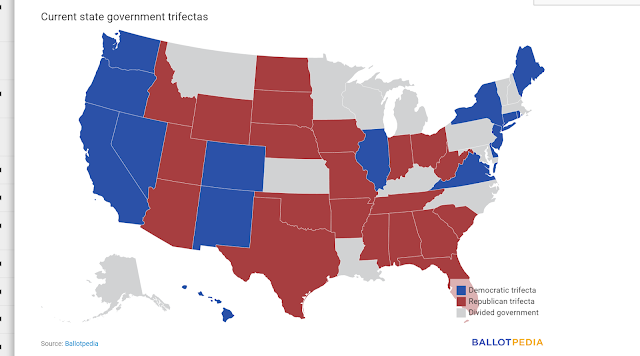Faith in A Multi Party Republic
America is for a country that has lasted as long as it has under the present political system that has mostly been status quo or expanding democracy and never had a true coup or dictatorship, an unusually large percentage of people who are fairly strongly religiously motivated. Of those faithful, most are Protestant, about 43% of the people, although there is a large number who are Catholic numbering about a fifth of the people. There are small minorities of Jews and Muslims, both each divided into their sects from mostly secular to very religious. America also has a smaller but growing minority who are not affiliated with any faith, about a quarter of the population. A big part of America's founding myth is that it is a harbor for people who want to seek a better life for themselves and their family, especially in regards to fleeing persecution for religion, and America itself, as part of the very first amendment that was ever adopted to the constitution that it was to be a natio
